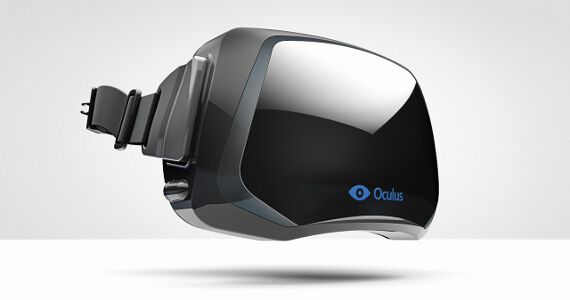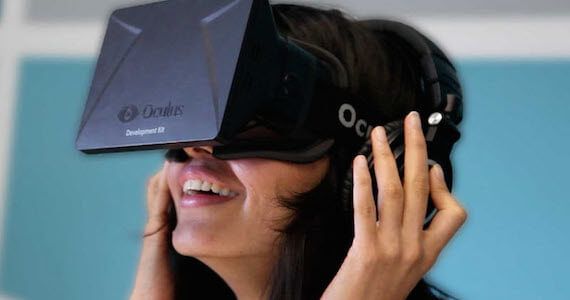When Facebook bought out Oculus VR in March for a reported $2 billion, there were a lot of raised eyebrows. Those with an interest in the company had concerns over just what this would mean for the future of the Rift headset. Even Markus ‘Notch’ Persson, the creator of Minecraft, dropped his support for the project in the face of the buyout. Some of the unease is understandable; after all, gamers have been dreaming of a virtual reality experience for decades, and the Oculus Rift, along with Sony’s upcoming Project Morpheus, looked to be that science fiction fantasy coming true.
Oculus has tried to dispel fears as best as possible. Palmer Luckey, co-founder of the company and creator of the Oculus Rift, has said that the deal will make sense in a year’s time and that gaming is still their primary focus. John Carmack, the former id Software guru who went to Oculus full-time in November as their Chief Technology Officer, has said that Facebook “get the Big Picture as I see it, and will be a powerful force towards making it happen.”
Here’s the first example of exactly why Luckey and Carmack may have been right to stand so readily behind the buyout. According to Oculus CEO Brendan Iribe, the retail version of the Rift headset is going to be available at a much lower cost — precisely because of Facebook’s billions.
Speaking to Ars Technica in an interview at E3 2014, Iribe said that the Facebook buyout would allow Oculus to “deliver consumer V1 at a lower cost, because we’re not trying to drive a high margin on this.” He also said that Mark Zuckerberg, the CEO of Facebook, wants to get the V1 headset “to scale with the best quality product at the lowest cost possible.”
Iribe noted that selling the hardware “at cost” would be “great for everybody” — including the consumer. He also noted that Oculus “would be disappointed” if the Rift didn’t reach its target of shipping in 2015. The company is aiming relatively low; Iribe stated that Oculus were not reaching for the stars at first, instead keeping an estimate of “just north of a million units” sold for the first consumer version of the Oculus Rift.
This conservative estimate doesn’t mean Oculus doesn’t have one eye on an ambitious future, however. In fact, it’s quite the opposite. Iribe said that their plan for the first consumer headset will be to “get the enthusiasts and early adopters to get into the space, get their feedback, [and] get developers making really great content.”
Oculus is aiming for big advancements in sales and content with the Rift’s second iteration, which Iribe said will be “totally incredible” thanks to the Facebook buyout. “That’s when we think the scale will really goal, and hopefully you’ll get many millions of people into VR, playing great games.” Here’s hoping the hardware — and content — lives up to their estimations.
With both the Oculus Rift and Sony’s Project Morpheus making waves at this year’s E3, it looks as though the future is very bright for VR. It may well be the technological advancement we all hoped motion control would be.
Source: Ars Technica


